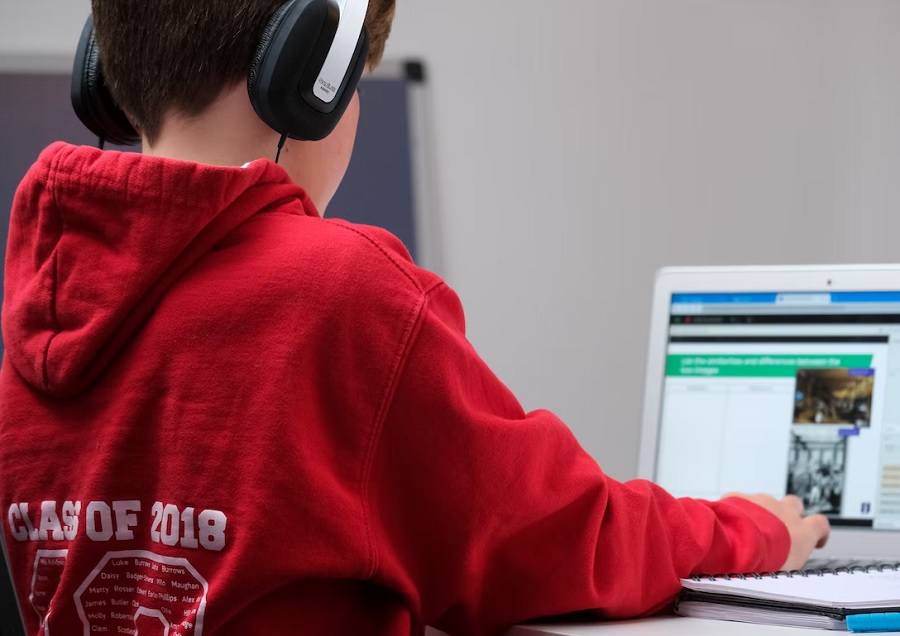General News
General Supply Chain NewsProgramming among the most desirable skills for future prospects, according to UK students

A new report shows that 35% of students prefer to study coding over traditional subjects, as the UK education system has the potential to create a generation of tech talent. The GoStudent Future of Education Report 2023 found that children are increasingly interested in learning ‘non-traditional’ subjects, with technology-focused skills leading the way as the most appealing — half of all students want to learn video game programming and AI.
Parents are also recognising the need for teaching technology-focused skills that will benefit their children in later life. 81% of parents agree that technology development, such as AI or VR, should be taught in schools and 76% say coding should be a key feature on the curriculum, compared to only 69% of parents across Europe.
The data, gathered by online tutoring provider, GoStudent, surveyed over 6,000 parents, guardians and their children across six European countries, including the UK, to find out what they think about the current education system and what they would like to change for the future. Technology came out as a top priority, from a skills and career perspective.
The findings highlight the need for investment to capitalise on the teaching and use of technology in UK classrooms. Despite the subject being a priority for students and parents, the study raises concerns whether investment in teacher resources, training, and development has kept pace with fast-moving technology changes since the pandemic. Only half (52%) of students are confident in their teachers ability with tech in the classroom.
Greater support at home is also required, as less than a third (30%) of parents believe they are able to keep up with the latest technology and digital aspects of learning.
Felix Ohswald, CEO and co-founder at GoStudent, says:
“Gen Z and Gen Alpha are born digital natives, so it’s unsurprising to see that they have an inherent curiosity for technology and digital skills. They have grown up using gadgets and being exposed to the constant evolution of technology, so it’s natural that this interest would extend to the school environment.
“As educators and mentors, it’s essential that parents and teachers leverage children’s natural interest in technology to drive their educational and career success. As the world becomes increasingly digital, technological literacy is no longer optional – it’s a must-have skill that will enable our children to thrive in the future workforce.
“Our research has also shown that technology also plays a part in making children’s learning fun, interactive and allowing for creativity, so it’s undeniably something that we should be seeing more of at the core of school curriculums and children’s learning.“
Glen Harrington, International Software Sales Manager at SMART Technologies, says:
“Coding comes with wondrous benefits for young minds, teaching skills that go far beyond a computer screen – from critical thinking, creativity, problem solving and persistence. When integrated into curriculums and taught properly, coding can be very engaging, but it can also be daunting for teachers who are not confident about the topic themselves.
“Thankfully, educators are not alone, and for those without backgrounds in coding, there are many helpful resources, websites and apps to make coding for kids fun, to hopefully jump-start a lifelong interest in coding and careers in STEM subjects.
“As the world evolves more and more into a digital-first future and the skills gap widens, we need to be preparing a generation of children with the competitive edge they need to enter a career in the tech sector which is desperately calling out for these skills. The key to instilling the right skills and filling this gap will be to develop a more mature IT syllabus from primary school age which integrates coding along with elements like design thinking into learning across all subject areas, and sets children up to be the future engineers, game developers and digital-first creative minds that society is calling out for.”










